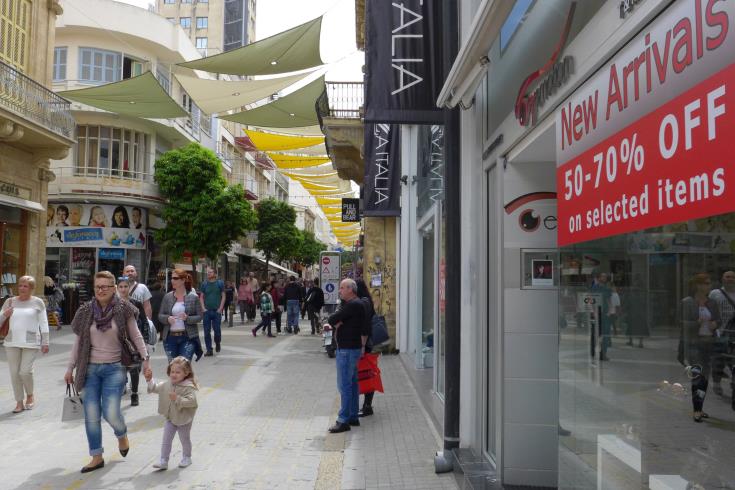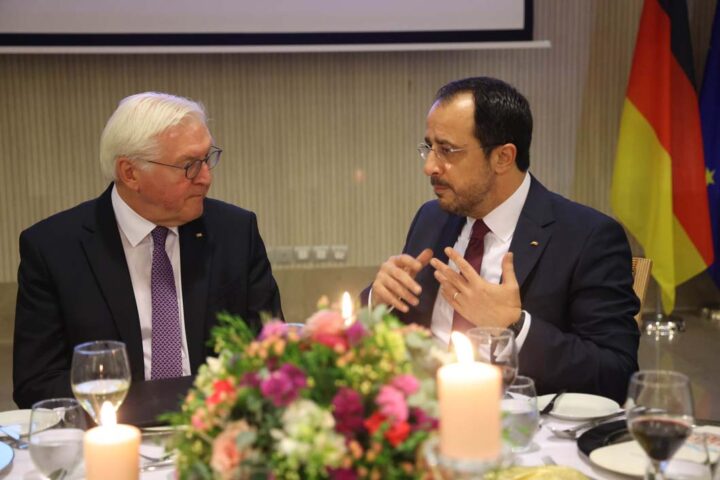Developments in Ukraine are of concern to all of us. Invasion, war, and daily human tragedies on all fronts.
The need to halt all hostilities is, unfortunately, becoming more distant as time passes, and consequently, the fallout from the war is being felt around the world.
Many countries, including Cyprus, suffer collateral damage.
The war in Ukraine has repercussions on the energy industry, with constant price rises, instability in the markets, and a lot of pressure on consumer purchasing power.
We should not turn a blind eye to this situation and sit around waiting for the war to end.
On the contrary, this allows us to expedite our actions and become more effective.
The way energy issues have been managed is very characteristic.
The protracted and unacceptable delays over the years in developing alternative solutions, mainly Renewable Energy Sources, have serious consequences on households and consumers using electricity.
We are now paying the price for our lack of planning and rash decision-making.
In a protracted global energy crisis, we have to be ready to work differently and build, step by step, our development strategy based on a green and circular economy.
At the same time, we need to participate in the increasingly high-powered negotiations with countries of the region to become players in the new plans, as these are being recently formulated.
I believe that all major moves linked to energy matters and the Cyprus problem will evolve simultaneously in the coming period, and this is why it is very important to know where we want to go and how to get there.
These days, as we celebrate Easter, we all feel the need for something better.
These are days when we identify with our daily concerns: to have hope and find the strength to overcome problems at the personal and family level.
We are also looking at the community level for the answers which will give our country new possibilities by utilising our comparative advantages.
The situation around us is disappointing.
Cyprus remains in the group of EU members, which are lagging.
And this is because the government cannot adopt astute policies; instead, it has other speculative priorities, which have led Cyprus before the European Court twice.
We are anxious, and we need to reevaluate our course.
The dilemmas we are faced with stem from the predicament we are currently in: do we want Cyprus to be lagging in issues of substance while being a protagonist in corruption?
Or do we want a Cyprus where development, justice and freedom prevail?
Do we want Cyprus to contribute to resolving difficult matters or to be part of the problem?
I firmly believe that we can put into good use the advantages we can offer and the hard work of our people.
This way, working together, we can reach new levels of development and progress for the country and our children.
By Achilleas Demetriades https://achilleas.eu










